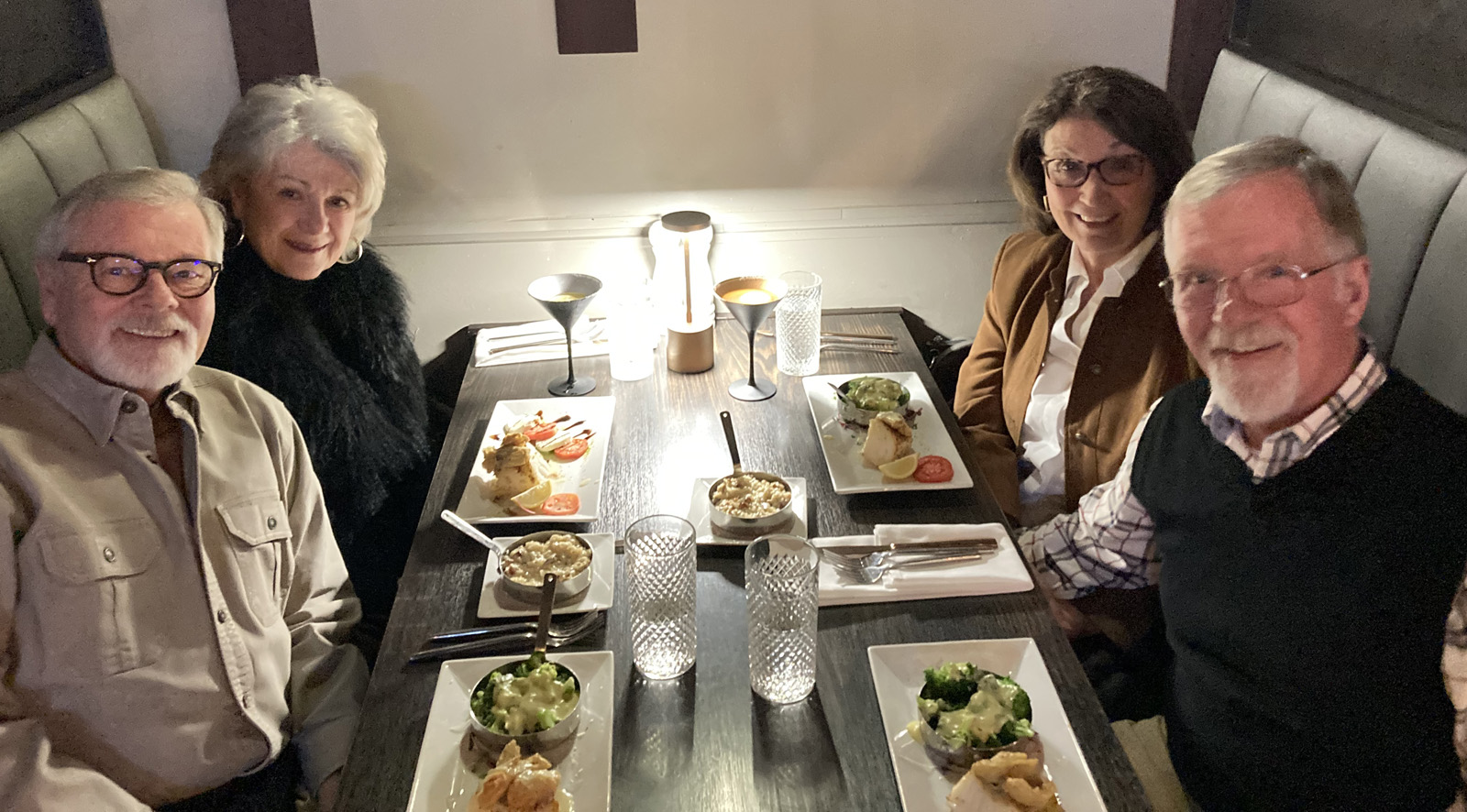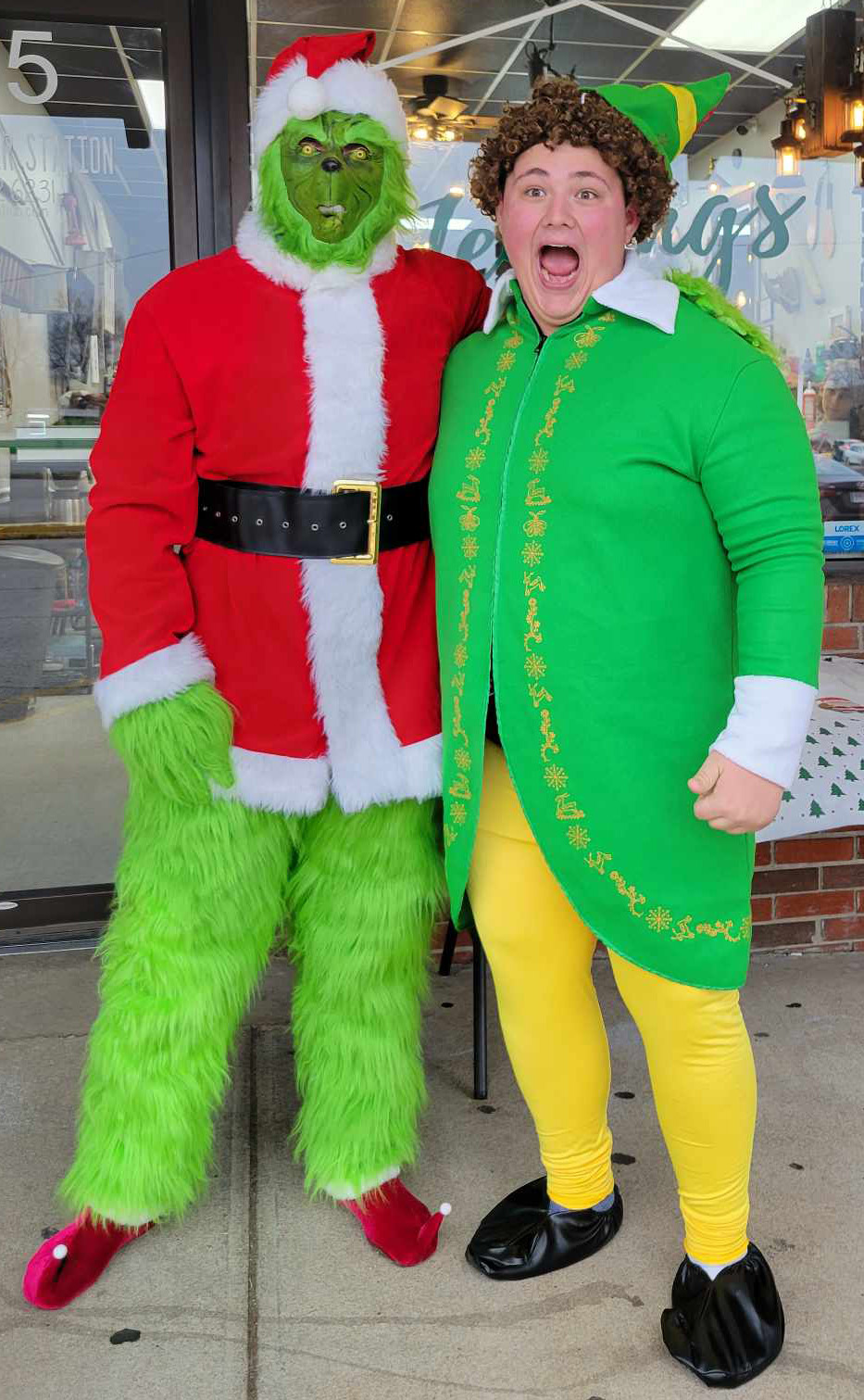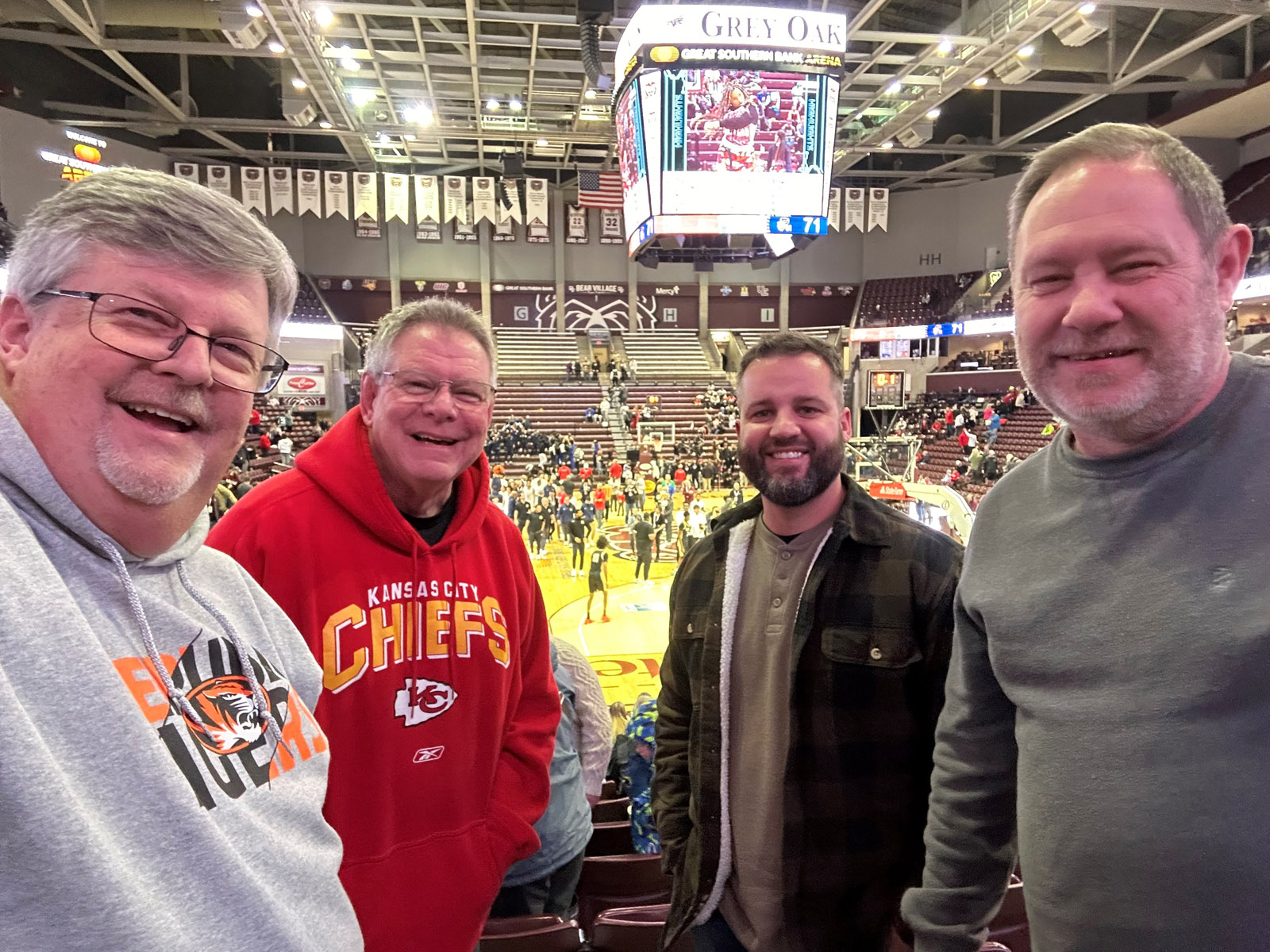Peter Lovenheim, author of “In the Neighborhood,” was already a well-known journalist and author when a tragedy on his street in 2000 changed his focus.
“Down the street from me was a husband and wife, both physicians, and the husband came home and shot and killed his wife and then took his own life,” said Lovenheim, who was a guest speaker in my March 2023 Neighboring 101 class, offered through the University of Missouri Extension.
Lovenheim said he did not know the family. And he soon discovered that no one on the street knew them beyond a superficial level.
“I read the studies that showed that what I was experiencing on my street was widespread, but I didn't want to write about the phenomenon as a trend. I personally felt isolated and wanted to see if I could connect with my neighbors,” said Lovenheim. “At some point, I decided to do sleepovers with my neighbors.”
Sleepovers helped him connect with his neighbors and their routines. They became invested in each other’s lives.
“The idea came about because of memories growing up when you would bunk over at a friend's (house),” said Lovenheim. “Waking up in the morning and joining the family at breakfast was always a special time and it was as an adult, too.”
After his book was published, he began hearing from others who had a similar story, many who wished they had done more to help a troubled neighbor or family.
“The lesson for me was that you first have to get to know your neighbors before you can love them,” said Lovenheim. “There is no way to love them if you do not know them and do not invest in their lives. That makes love personal and something only we can do.”

Motivated by love
I receive daily Google Alerts by email with links to stories, articles, and videos that use the phrase “Love Your Neighbor.” Skimming those during 2023 showed hundreds, if not thousands, of examples of what that phrase does not mean.
First, “love your neighbor” is not a political weapon.
A popular weaponization of the phrase claims a politician is not true to their values because they do not approve of a policy that others have determined represents “loving your neighbor.”
You can lump many of today's hot-button political topics in this category. But loving your neighbor is not a phrase about political policy.
Second, “love your neighbor” is not a yardstick you use to determine how others measure up.
Very clearly, the statement is personal and demands an answer to this question: how do YOU love your neighbors? Loving your neighbor is not a phrase meant to tear down other people.
Third, “loving your neighbor” is not a passive idea.
Loving your neighbor requires more than lip service. Anyone can say they love their neighbors behind closed doors. Most anyone can even claim it as a motto. But loving your neighbor is not a passive phrase, it is active.

Fourth, you are not the final judge of whether you love your neighbor.
I see posted stories wanting exclusive rights to this phrase to promote an event or sell things. But the statement pre-dates all of us, and we do not get to define it. If we did, we would be nice to our friends and claim them all as neighbors.
Instead, this phrase requires us to get uncomfortable with people who live around us, not just the ones we already like. Loving your neighbor is not something you get to judge, but something others see based on your actions.
Love requires action and today is a great day to start.

What is love?
Many have tried to define love, sing about it and write about it.
In 1984, Tina Turner was not very sentimental in her song, “What’s Love Got to do With It.?” She sang: “What's love but a second-hand emotion? What's love got to do, got to do with it? Who needs a heart when a heart can be broken?”
In that same year, super-group Foreigner let everyone know they were still searching for love. They sang: “I wanna know what love is, I want you to show me.”
C.S. Lewis had this to say about love in his essay Four Loves: “To love at all is to be vulnerable. Love anything, and your heart will be wrung and possibly broken. If you want to keep it intact you must give it to no one, not even an animal. Wrap it carefully with hobbies and little luxuries; avoid all entanglements. Lock it up safe in the casket or coffin of your selfishness. But in that casket, safe, dark, motionless, airless, it will change. It will not be broken; it will become unbreakable, impenetrable, irredeemable. To love is to be vulnerable.”
When discussing neighbors, most quickly say they do not hate their neighbors. But the opposite of love is not hate, it is apathy! Love requires us to take action. That, too often, is what is missing from our lives, and from our relationships with neighbors.
These days it seems too easy to make enemies. People are so easily alienated. Then, their hatred spills over onto social media for all to see.
Hate leads to much of the ugliness in this world.
On the other hand, love leads to kindness, compassion, forgiveness and beauty.
Love is that incredible thing that makes life worth living, helps us extend a hand, and motivates us to reconcile with an enemy or a neighbor.
Love is what makes your life joyful and your community better. That is what love is.


